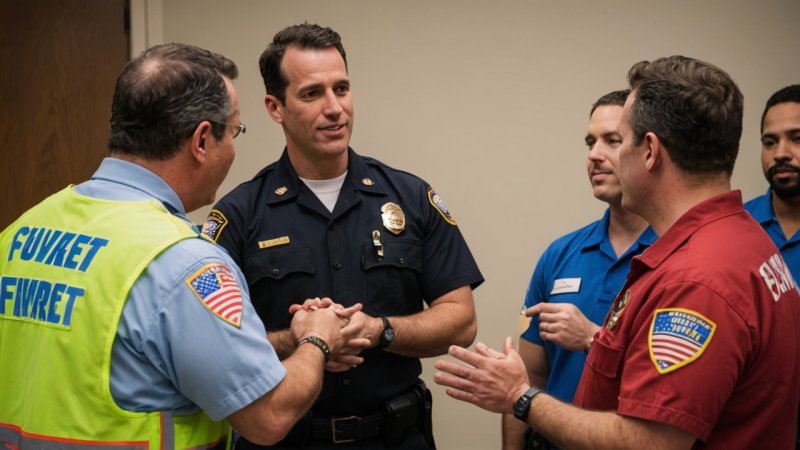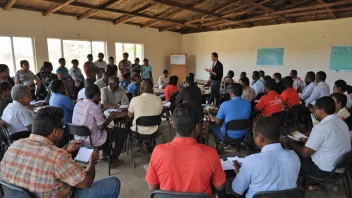First responders are often the unsung heroes in our communities, tirelessly working on the front lines during emergencies, disasters, and crises. Their dedication to saving lives and protecting others is commendable, yet the emotional toll of their work can be staggering. As they face traumatic situations regularly, the need for emotional support becomes paramount. This article explores the significance of emotional support for first responders and highlights various initiatives, as well as ways individuals can contribute to this crucial aspect of disaster relief.
1. Understanding the Emotional Challenges
First responders encounter a range of emotional challenges due to the nature of their work. These can include:
- Post-Traumatic Stress Disorder (PTSD): Many first responders experience PTSD after witnessing traumatic events, which can lead to anxiety, depression, and other mental health issues.
- Emotional Exhaustion: The constant exposure to crises can lead to burnout, making it difficult for responders to perform their duties effectively.
- Impact on Personal Relationships: The stress of their job can strain relationships with family and friends, leading to isolation and loneliness.
2. Importance of Peer Support Programs
Peer support programs are vital for first responders as they provide a safe space for individuals to share their experiences and feelings. The benefits include:
- Shared Understanding: Responders can relate to each other’s experiences, fostering a sense of camaraderie and understanding.
- Reduction of Stigma: These programs help reduce the stigma associated with seeking help, encouraging more individuals to speak up about their struggles.
- Increased Resilience: Peer support can improve emotional resilience, helping responders cope better with stress and trauma.
3. Training for Emotional Resilience
Training programs focused on emotional resilience are essential for preparing first responders for the challenges they may face. Key components of such training include:
- Stress Management Techniques: Learning coping strategies such as mindfulness, deep breathing, and relaxation techniques can help responders manage stress effectively.
- Emotional Awareness: Training programs often emphasize the importance of recognizing one’s emotions and understanding how they impact performance.
- Communication Skills: Effective communication is crucial for first responders to convey their feelings and seek support from colleagues.
4. Community Involvement and Support Networks
Community involvement plays a critical role in supporting first responders. Here are some ways individuals can help:
- Volunteer for Local Organizations: Many organizations offer support to first responders; volunteering for these groups can make a significant difference.
- Advocate for Mental Health Resources: Encourage local governments and organizations to provide more mental health resources specifically for first responders.
- Participate in Awareness Campaigns: Join or support campaigns that raise awareness about the emotional challenges faced by first responders.
5. Fostering a Culture of Support
Creating a culture of support within first responder organizations is essential. Steps to achieve this include:
- Leadership Training: Equip leaders with skills to recognize signs of emotional distress and promote a supportive environment.
- Regular Check-ins: Implement regular mental health check-ins to provide first responders with opportunities to discuss their emotional wellbeing.
- Encourage Open Dialogue: Foster an environment where discussing mental health is normalized and encouraged, breaking down barriers to seeking help.
In conclusion, the emotional support of first responders is not just a nice-to-have; it is a necessity for their mental health and overall well-being. By understanding the challenges they face, promoting peer support programs, providing training for emotional resilience, encouraging community involvement, and fostering a culture of support, we can significantly improve their quality of life. Together, we can ensure that those who dedicate their lives to serving others receive the help they need to thrive.






